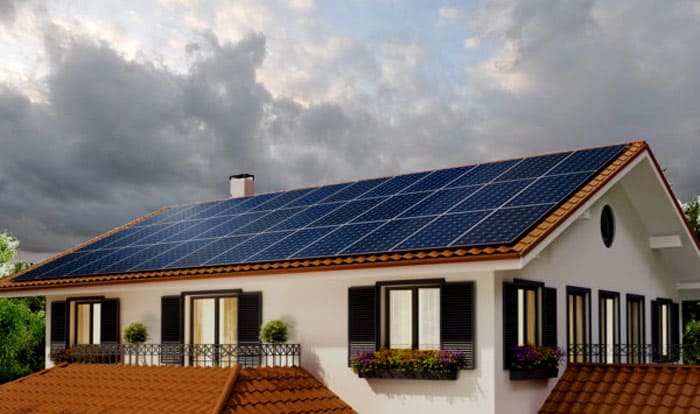Harnessing Solar Power: A Key to Energy Security in Australia
In recent years, the discourse surrounding energy security has gained significant traction, particularly in countries like Australia, where the dependence on traditional energy sources has raised concerns about sustainability and resilience. As the world transitions towards renewable energy alternatives, solar power emerges as a beacon of hope, offering a pathway to reduce dependence on the grid and enhance energy security.
Australia, blessed with abundant sunshine throughout the year, stands at the forefront of the solar revolution. The vast expanses of arid land provide an ideal canvas for the deployment of solar photovoltaic (PV) systems, harnessing the power of the sun to generate clean and sustainable electricity. This abundant solar resource presents an unparalleled opportunity to reshape the country’s energy landscape and bolster its energy security.
One of the most compelling advantages of solar power lies in its decentralised nature, enabling households, businesses, and communities to generate their own electricity independently of the central grid. This decentralisation not only enhances energy security by reducing reliance on centralised infrastructure but also fosters a more resilient energy ecosystem capable of withstanding disruptions and outages.
Moreover, the deployment of solar power systems at the residential and commercial levels empowers individuals and organisations to take control of their energy destiny, mitigating the risks associated with fluctuating energy prices and supply constraints. By investing in rooftop solar panels and energy storage solutions, consumers can effectively hedge against future uncertainties while contributing to the overall stability of the grid.
Further more, solar power plays a pivotal role in diversifying Australia’s energy mix, thereby reducing the country’s vulnerability to geopolitical tensions and global energy market fluctuations. Unlike fossil fuels, which are subject to price volatility and geopolitical risks, solar energy offers a predictable and sustainable alternative that can shield the nation from external disruptions and supply chain vulnerabilities.
In addition to enhancing energy security, the widespread adoption of solar power in Australia holds immense environmental benefits, contributing to the fight against climate change and air pollution. By displacing fossil fuel-based electricity generation with clean solar energy, Australia can significantly reduce its carbon footprint and advance towards its climate targets, while simultaneously improving air quality and public health outcomes.
The transition to solar power also presents economic opportunities, driving job creation, innovation, and investment across the renewable energy sector. From manufacturing and installation to research and development, the solar industry offers a myriad of employment prospects that can stimulate economic growth and prosperity while fostering a more sustainable future for generations to come.
However, realising the full potential of solar power in Australia requires concerted efforts from policymakers, industry stakeholders, and the broader community. Strategic investments in solar infrastructure, supportive regulatory frameworks, and targeted incentives can accelerate the adoption of solar technologies and facilitate the transition towards a more decentralised and resilient energy system.
Moreover, public awareness campaigns and educational initiatives are essential to empower consumers with the knowledge and tools needed to embrace solar energy solutions and maximise their benefits. By fostering a culture of energy efficiency and sustainability, Australia can unlock the transformative power of solar energy and pave the way towards a brighter and more secure energy future.
In conclusion, solar power holds the key to enhancing energy security and reducing dependence on the grid in Australia. By harnessing the abundant solar resource and embracing decentralised energy solutions, the country can strengthen its resilience, mitigate risks, and propel towards a more sustainable and prosperous future. The time to embrace solar power is now, and together, we can shape a brighter tomorrow for generations to come.
Related Posts

Solar Power and Sunlight: What Happens On Cloudy Days?Reduce Carbon Emissions With Solar Power
It’s without question that solar panels work their best when in direct exposure to the sun. In fact, the beauty

Reduce Carbon Emissions With Solar Power
With many every-day living costs on the rise for home and business owners, investing in solar panels is a clever

Rooftop Rumours: Busting the Top Six Myths about Solar Power
1. As technology improves, solar panels will become cheaper, so I should wait to buy mine While in recent years,
